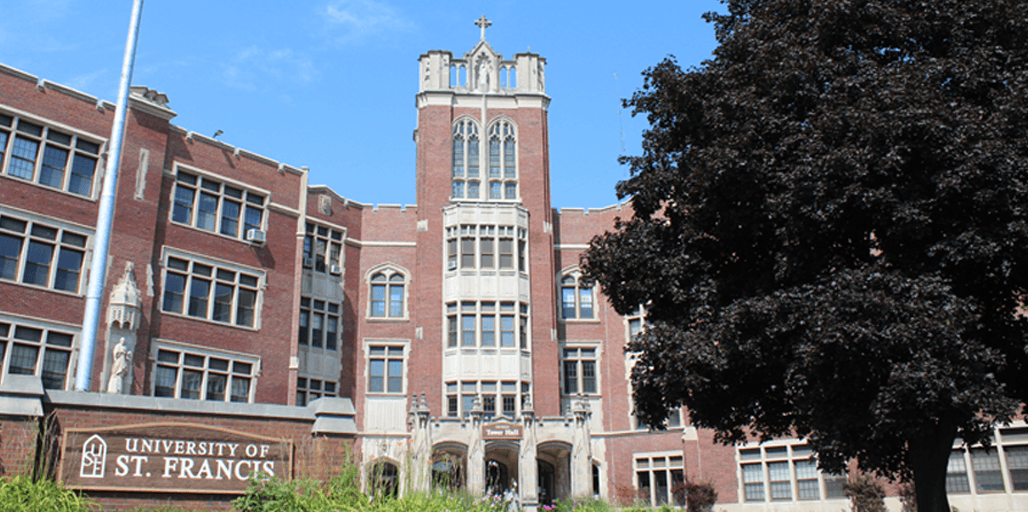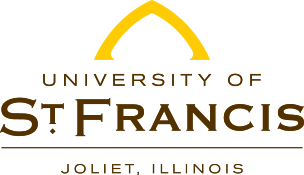
USF Students to Work with Industrial Partner through PIC Math Program
Joliet, Ill. – Mathematics students from the University of St. Francis (USF) will have the chance to team up with their peers from Dominican University (DU) to participate in a unique experiential learning opportunity as part of the Mathematical Association of America (MAA) Preparation for Industrial Careers in Mathematics (PIC Math) program. The opportunity will […]
Explore More